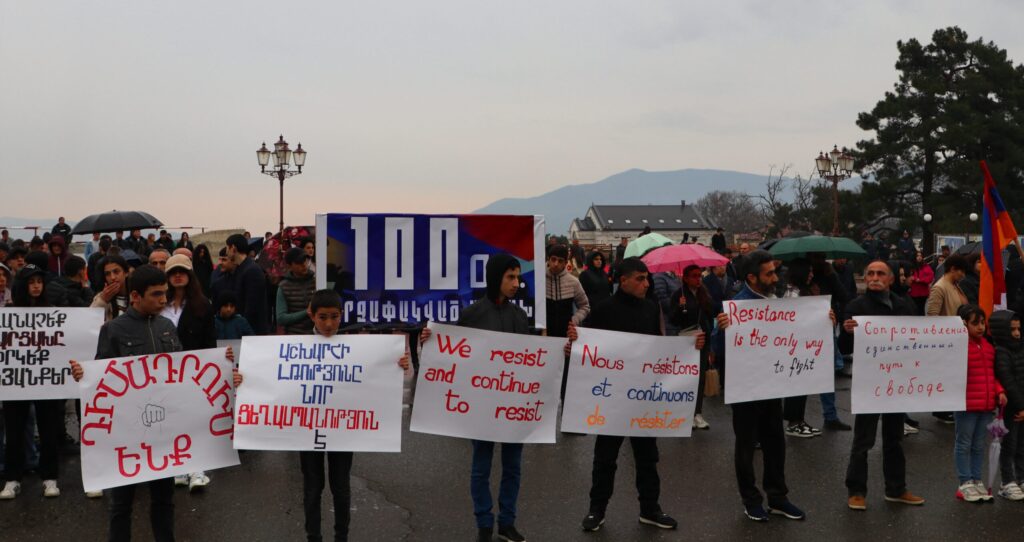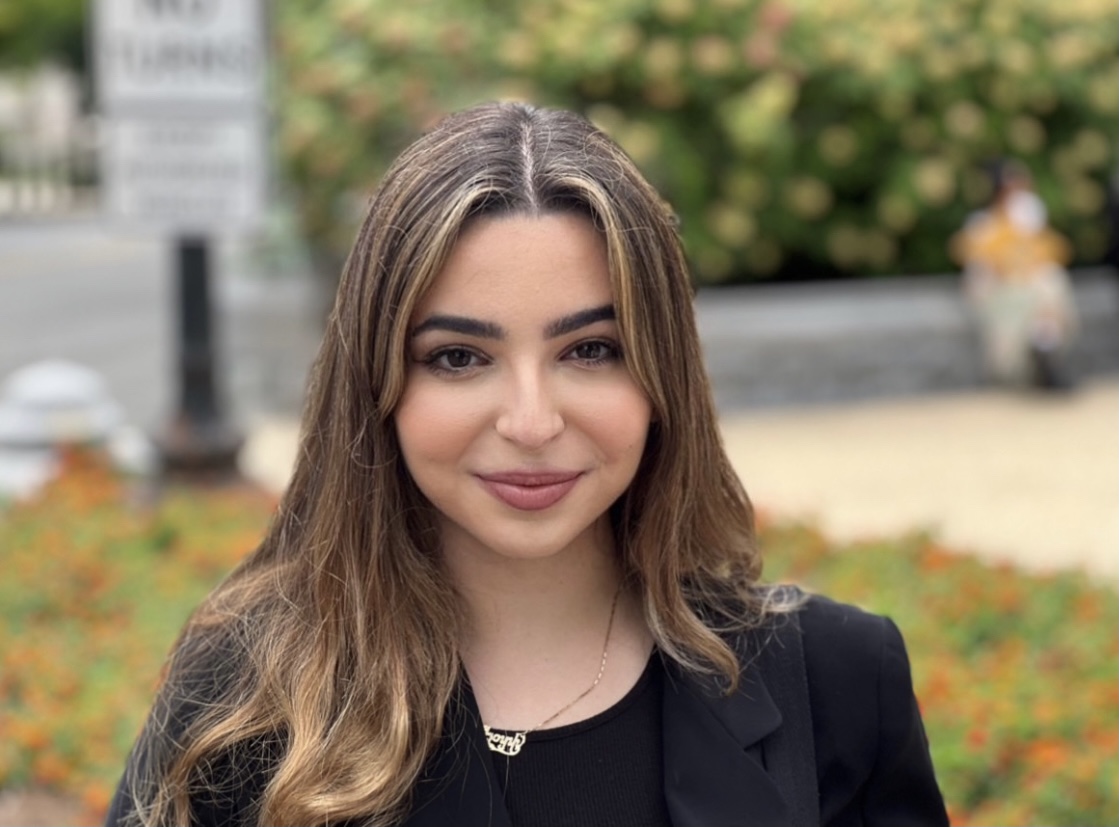
It is hard to believe that the blockade of Artsakh has reached this point, but it has now entered its 100th day. That means 100 days of severe shortages of food, medicine and other essential supplies; 100 days of land and air routes being blocked off; 100 days of eco-activists brainwashed by a ruthless leader; 100 hundred days of concession after concession by a spineless Armenian government. In sum, it has been 100 days of one of the cruelest humanitarian crises the world has ever seen and an emotional rollercoaster for Armenians all around the globe. Needless to say, the genocidal blockade in Artsakh has far-reaching international ramifications that extend beyond its immediate humanitarian consequences, as it raises fundamental questions about the nature of conflict and the role of the international community in resolving it.
The blockade has raised several questions about the role of the international community in resolving conflicts and preventing humanitarian crises. The failure of the international community to prevent the blockade and alleviate the suffering of the people in Artsakh highlights the limitations of law and institutions in dealing with complex conflicts. It also underscores the urgent need for greater international cooperation to address humanitarian crises and prevent their escalation into full-blown conflicts, such as this one. Although the international community, specifically the court, has not explicitly allowed the blockade in Artsakh, their inaction and failure to hold those responsible accountable for the blockade have contributed to its continuation. The legal and academic discourse around the blockade in Artsakh involves a set of principles and political considerations.
Under international law, the blockade in Artsakh can be seen as a violation of several legal principles, including the right to self-determination, the right to freedom of movement and the right to access humanitarian aid. The blockade also violates the Geneva Conventions, which require parties to an armed conflict to ensure that essential supplies reach civilian populations. Unfortunately, the legal framework for enforcing these principles is limited. The International Criminal Court (ICC) has jurisdiction over war crimes, including blockades, but its jurisdiction is limited to states that have ratified the Rome Statute. Neither Armenia nor Azerbaijan are signatories to the Rome Statute, and as such, the ICC has no jurisdiction over the parties involved in the conflict. Political considerations also play a significant role in the international community’s response to the blockade. The conflict between Armenia and Azerbaijan over Artsakh is a highly sensitive issue with consequential regional and geopolitical implications. Time and time again, as is the case now, countries with close ties to either Armenia or Azerbaijan may hesitate to take a strong stance on the blockade for fear of damaging these relationships.
At its core, the blockade is a symptom of the ongoing conflict between Armenia and Azerbaijan over the region, as well as the low-profile pan-Turkic ideology. The blockade represents a continuation of the conflict through other means, with Azerbaijan seeking to use economic pressure to achieve its political goals, which concurrently, is Turkey’s goal. This approach reflects a broader trend in modern conflict, where economic sanctions and blockades are increasingly being used as a means of exerting influence and achieving strategic objectives. We can point to Azerbaijan’s close ties with Turkey, a key proponent of pan-Turkism, and the historical and cultural links between Turkic-speaking peoples in the region. The role of pan-Turkism in the Artsakh blockade is not a direct legal issue. However, the potential implications of pan-Turkism for the region should be sounding alarms in the international community. The promotion of pan-Turkic ideology may contribute to tensions between Turkic and non-Turkic peoples in the region, as well as to human rights abuses against ethnic minorities, which include Armenians, but also impact Kurds, Rum Orthodox Christians, the Romani people and others. Therefore, it is important for international political actors to consider the impact of pan-Turkism, as the promotion of a narrow ethno-nationalistic agenda based on language, ethnic origin and religion is contrary to the principles of equality and non-discrimination enshrined in international human rights law. Ignoring this vital fact would be detrimental.
Furthermore, the development of pan-Turkism may contribute to the violation of other legal norms, including the right to self-determination of peoples. The people of Artsakh have the right to determine their own political status and freely pursue their economic, social and cultural development. The promotion of pan-Turkism may undermine these rights by advocating for the unification of Turkic peoples under a single political entity, regardless of the wishes and aspirations of the people of Artsakh, which as we have seen, directly oppose it.
Ultimately, the blockade highlights the urgent need for greater international coordination in addressing compounded conflicts. The failure of the international community to prevent the blockade and alleviate the suffering of the people in Artsakh reflects the limitations of unilateral approaches to conflict resolution. It underscores the importance of multilateral cooperation. The blockade has profound philosophical implications that extend far beyond its immediate humanitarian consequences. It raises fundamental questions about the nature of conflict, the role of the international community in resolving it, and the relationship between conflict and human suffering.
My heart breaks for my people, who have yet again found themselves in the eye of a hurricane caused by an agenda that we take no part in. The international community and our own government have turned a blind eye to our plight, allowing Azerbaijan to continue its illegal blockade of our region and denying us access to critical humanitarian aid. On the 100th day of the Artsakh blockade, I pray that one day we may know peace.



What a well written and informative article! Very in touch with the times and highlights a major humanitarian crisis when it needs it the most. Brilliant
Thank you Sako!
Very well written and insightful article. Keep up the great work!
Thank you!
Thank for your insightful analysis.
Thank you for reading!